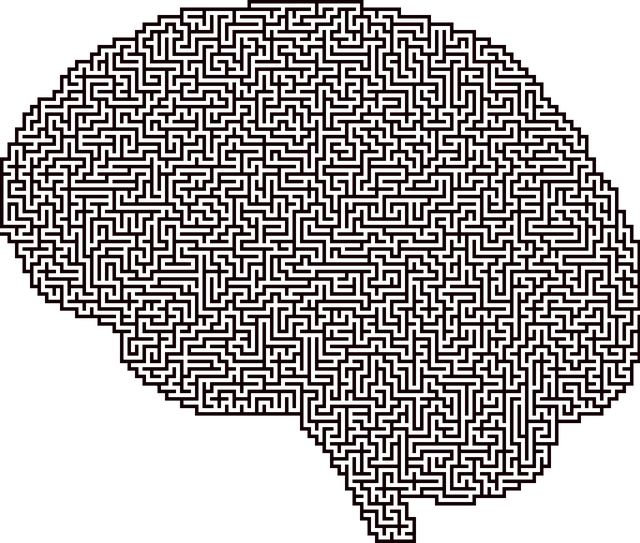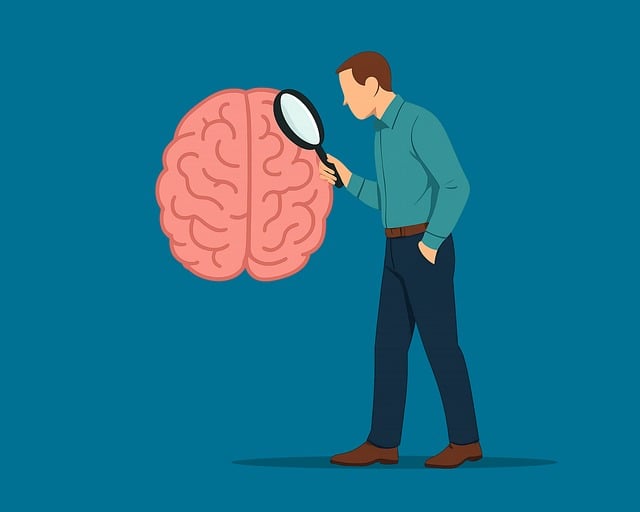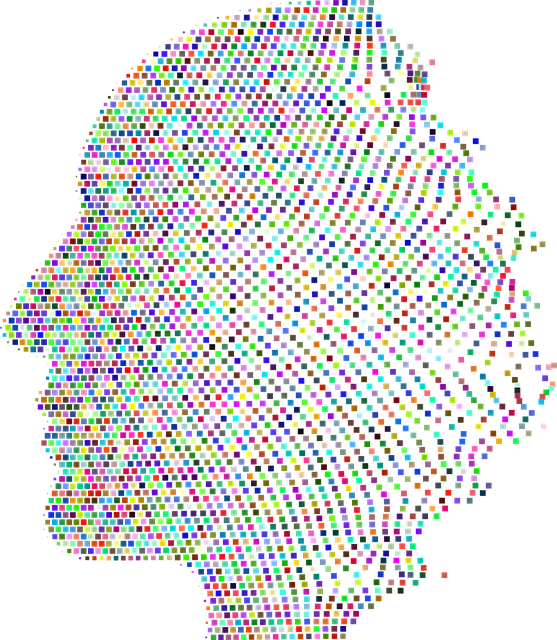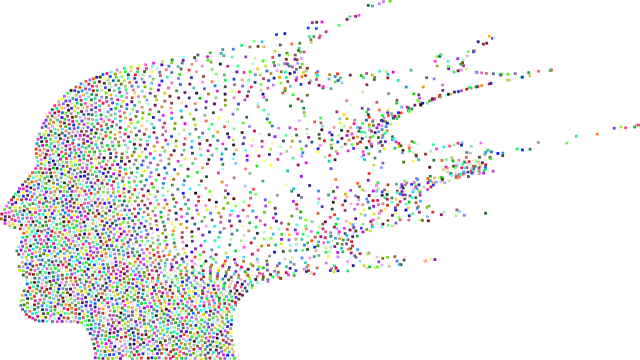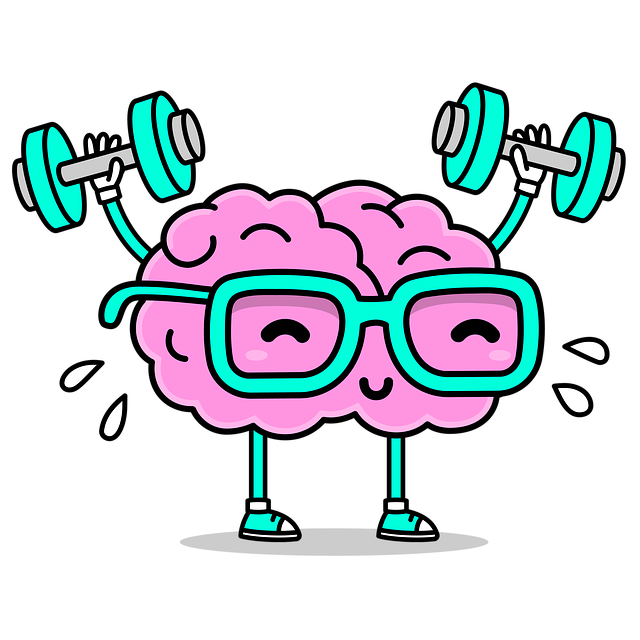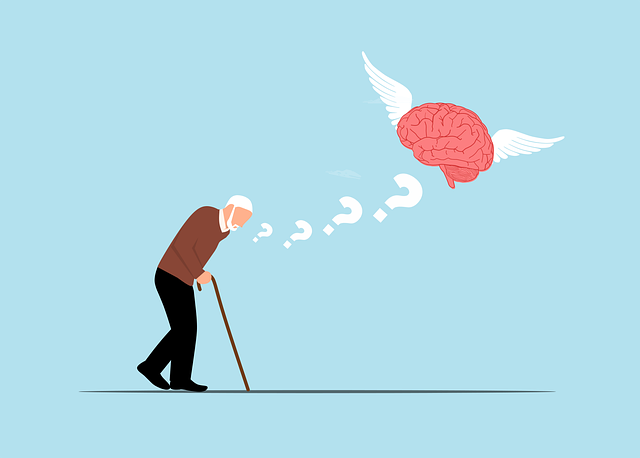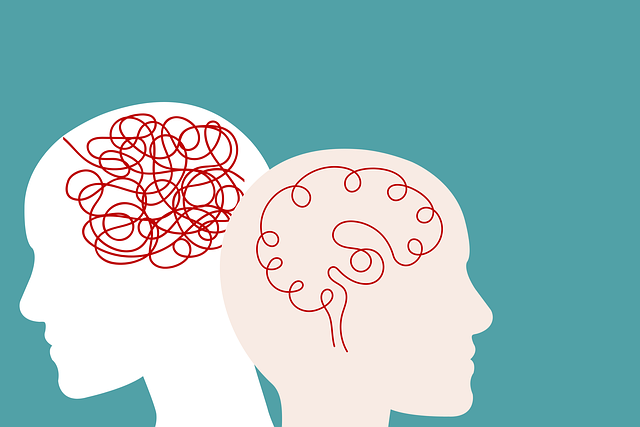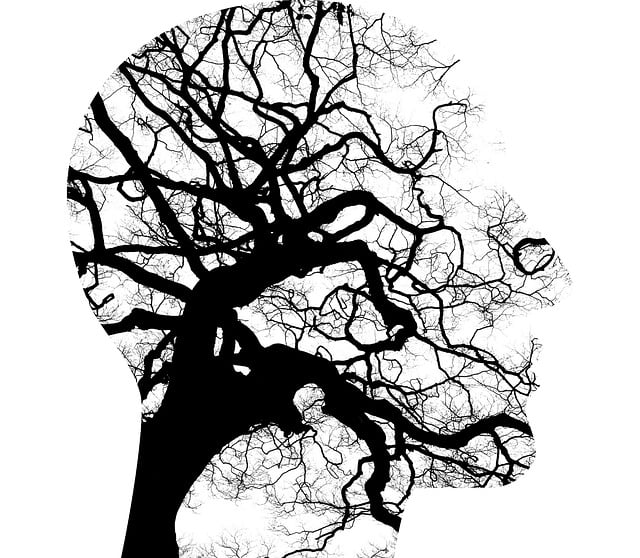In a fast-paced world where mental health awareness is crucial, codependency poses significant harm. Golden Codependency Therapy offers a solution by addressing unhealthy psychological patterns linked to another's emotions or behavior. A comprehensive Mental Health Education program focused on this therapy can transform individuals' ability to navigate interpersonal connections through education on codependency origins, inner strength cultivation, conflict resolution strategies, and communication skills training. Successful implementation requires strategic planning, including building support systems, regular training, interactive formats, online platforms, guest speakers, and promoting self-care practices.
Mental health is a cornerstone of overall well-being, yet education around it often lags. This article explores the design of an innovative Golden Codependency Therapy program aimed at addressing a pressing need in mental health education. We delve into the significance of understanding codependency, its far-reaching impact, and how a structured curriculum can foster positive change. Additionally, we provide practical strategies for implementation and support to ensure successful outcomes.
- Understanding the Need for Mental Health Education: Unraveling Codependency and its Impact
- Program Structure: Crafting an Effective Golden Codependency Therapy Curriculum
- Implementation and Support: Strategies for Delivering a Successful Mental Health Education Initiative
Understanding the Need for Mental Health Education: Unraveling Codependency and its Impact

In today’s fast-paced world, mental health awareness is more crucial than ever, and education plays a pivotal role in fostering well-being. Unaddressed, codependency presents a significant challenge to individual and societal wellness. This intricate concept often remains hidden beneath the surface of seemingly healthy relationships, causing long-term harm. Codependency, essentially, is an unhealthy psychological pattern where an individual’s sense of self-worth becomes intricately linked to another person’s emotions or behavior. It’s akin to a golden chain that, while appearing to bring people together, enslaves them to each other’s emotional needs.
Understanding and addressing codependency through therapeutic approaches like Golden Codependency Therapy is essential for self-esteem improvement. By cultivating compassion and implementing mind over matter principles, individuals can break free from these destructive patterns. Moreover, integrating compassion cultivation practices into mental health education equips people with the tools to recognize and navigate codependent relationships, thereby enhancing overall well-being and resilience.
Program Structure: Crafting an Effective Golden Codependency Therapy Curriculum

A well-structured Mental Health Education program on Golden Codependency Therapy can significantly impact individuals’ understanding and management of interperson relationships. The curriculum should be meticulously designed to cover various aspects, ensuring a holistic approach to healing. An effective program will begin by introducing the concept of codependency, its causes, and common manifestations in daily life. This foundational knowledge equips participants with the ability to recognize patterns and triggers within their own lives.
Subsequent lessons can focus on powerful techniques such as fostering inner strength development and implementing conflict resolution strategies. Communication strategies should be a key component, teaching individuals how to express needs, set boundaries, and navigate conversations with assertiveness. Through interactive activities and group discussions, participants can practice these skills in safe environments, fostering personal growth and improved relationships.
Implementation and Support: Strategies for Delivering a Successful Mental Health Education Initiative

Implementing a mental health education program requires a strategic approach to ensure its success and sustainability. One key aspect is establishing strong support systems within the organization or community. This can involve forming dedicated committees or allocating resources to facilitate the initiative. Regular training sessions, especially for leaders and facilitators, are essential to understanding the nuances of mental well-being and effective delivery methods. Utilizing interactive and engaging formats, such as workshops, group discussions, and even art therapies, can enhance knowledge retention and foster a sense of community.
Additionally, leveraging existing resources like online platforms or inviting guest speakers from the field can enrich the program. Encouraging open communication and peer support is another powerful tool. Creating safe spaces for individuals to share their experiences, especially those who have successfully navigated challenges through Golden Codependency Therapy, can offer valuable insights. Promoting self-care practices and Burnout Prevention strategies among participants will further strengthen the initiative’s impact. By incorporating Mind Over Matter principles and Empathy Building Strategies, the program aims to create a supportive ecosystem that nurtures mental resilience and overall well-being.
Mental health education, with a focus on Golden Codependency Therapy, is a powerful tool for fostering resilience and well-being. By understanding the intricate dynamics of codependency and its impact, we can design effective curriculum structures that empower individuals to navigate complex relationships. Implementing these programs requires strategic support mechanisms to ensure success and positive outcomes. Through dedicated education, we can break down barriers and create a more supportive environment, ultimately revolutionizing mental health awareness and care.


